When it comes to bonding rubber and other materials, finding an adhesive that delivers strength, durability, and flexibility is essential. Loctite 480, a high-performance instant adhesive, is specifically designed to handle challenging bonding applications involving rubber, plastics, and metals. Its unique formula sets it apart as a top choice for professionals and DIY enthusiasts alike.
In this article, we’ll explore what makes Loctite 480 the best rubber glue, its key features, and how it can enhance your projects.
What is Loctite 480?
Loctite 480 is a rubber-reinforced cyanoacrylate adhesive, also known as a super glue. Unlike standard cyanoacrylates, Loctite 480 is engineered to provide enhanced flexibility, impact resistance, and excellent bonding performance on a variety of substrates, including rubber. Its advanced formulation also offers improved resistance to environmental factors such as moisture and temperature changes, making it ideal for demanding applications.
Key Features of Loctite 480
-
Rubber Reinforcement for Enhanced Strength
Loctite 480’s rubber reinforcement gives it superior flexibility and toughness compared to traditional cyanoacrylate adhesives. This feature is particularly important when bonding materials that are subject to vibration, impact, or flexing, such as rubber components in machinery or automotive parts. -
High Bond Strength on Diverse Materials
Loctite 480 bonds not only rubber but also a wide range of materials, including metals, plastics, and composites. This versatility makes it a go-to adhesive for projects that require bonding dissimilar substrates. -
Fast Curing Time
With its quick-set formula, Loctite 480 cures rapidly upon application, minimizing downtime and allowing for efficient project completion. -
Resistance to Moisture and Harsh Environments
Loctite 480 is specially formulated to resist moisture, heat, and chemical exposure. This makes it suitable for outdoor applications or environments where adhesives are exposed to challenging conditions. -
Precise Application
Loctite 480 is available in a liquid form that flows smoothly, enabling precision bonding for intricate or small-scale projects.
Why Loctite 480 is Perfect for Rubber Bonding
Rubber presents unique bonding challenges due to its flexible and often low-energy surface. Loctite 480’s specialized formula overcomes these challenges, providing a reliable and durable bond.
Common Rubber Bonding Applications:
- Automotive Repairs: Bonding rubber gaskets, seals, or hoses in vehicles.
- Industrial Equipment: Attaching rubber components to metal or plastic in machinery.
- Consumer Products: Fixing rubber parts on household appliances or sporting goods.
- Prototyping and Manufacturing: Securing rubber parts in assembly lines or prototypes.
How to Use Loctite 480
To achieve optimal results with Loctite 480, follow these simple steps:
-
Surface Preparation
Clean and dry the surfaces to remove dirt, grease, or debris. For rubber and plastics, consider lightly roughening the surface to improve adhesion. -
Application
Apply a small amount of Loctite 480 to one surface. Its liquid consistency allows for precise application, even on small or intricate parts. -
Bonding and Curing
Press the surfaces together immediately and hold them in place for a few seconds. Loctite 480 cures quickly, forming a strong bond in minimal time. -
Post-Cure Testing
Allow the adhesive to cure fully, ensuring maximum bond strength before subjecting the bonded materials to stress or load.
Benefits of Using Loctite 480
- Increased Durability: Bonds that last even under vibration, impact, or environmental stress.
- Versatility: Works on multiple substrates, from rubber to metal, making it a multi-purpose solution.
- Efficiency: Fast curing time accelerates project timelines.
- Professional Results: Precision application ensures a clean and professional finish every time.
Comparing Loctite 480 to Other Rubber Adhesives
While there are many adhesives marketed for rubber bonding, Loctite 480 stands out due to its unique combination of strength, flexibility, and environmental resistance. Unlike traditional super glues, it is reinforced to handle stress and maintain its bond over time. This makes it the preferred choice for high-stakes applications in automotive, industrial, and consumer use cases.
Conclusion
When it comes to rubber bonding, Loctite 480 is in a league of its own. Its rubber-reinforced formula, fast curing time, and resistance to harsh conditions make it the ultimate adhesive for a wide range of applications. Whether you’re working on automotive repairs, industrial projects, or household fixes, Loctite 480 delivers reliability and professional-grade results.
Don’t let weak bonds compromise your project—choose Loctite 480 for strong, flexible, and lasting adhesion.

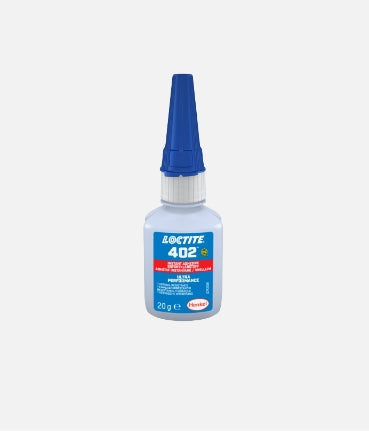
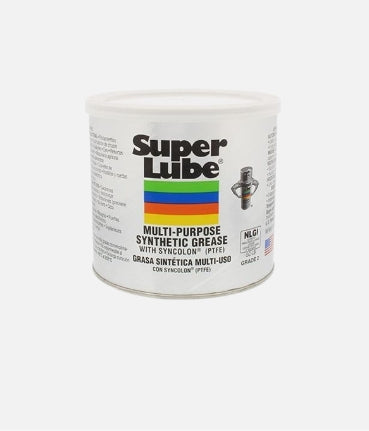
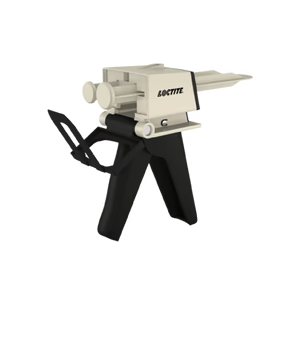
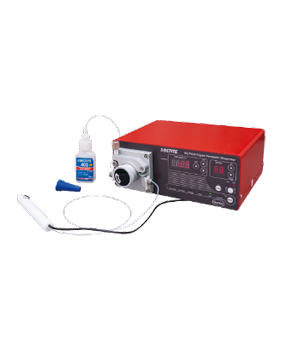
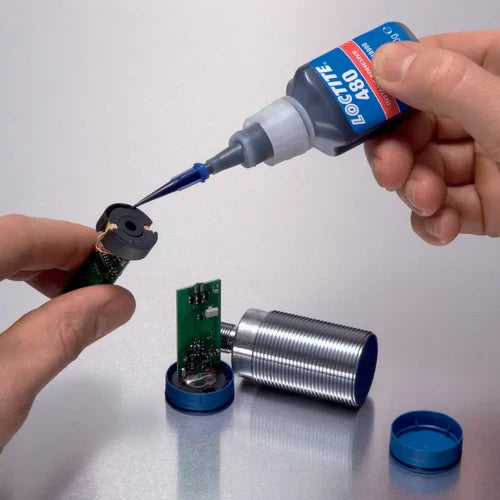
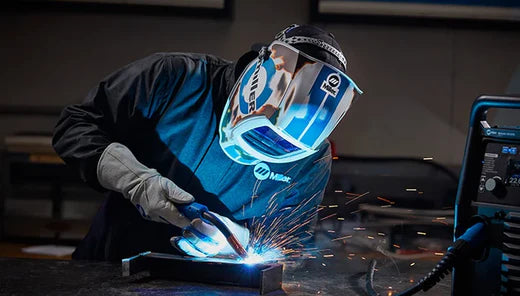
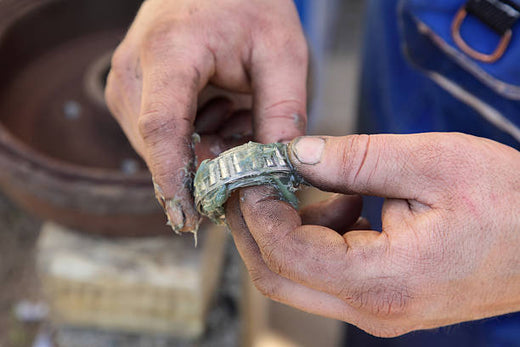
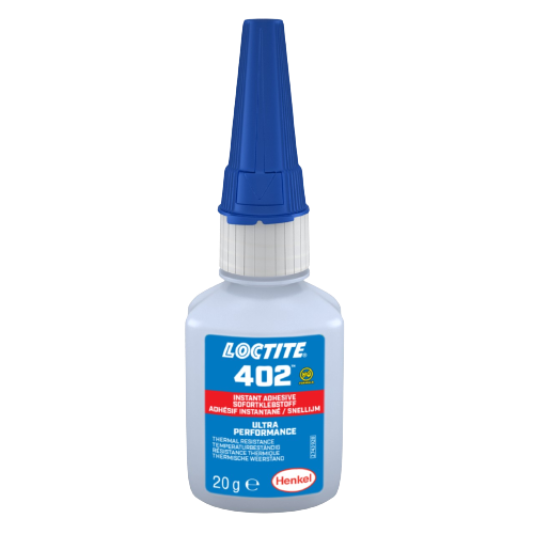
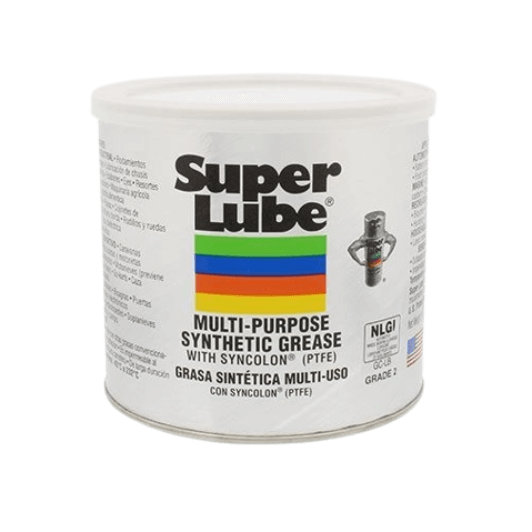
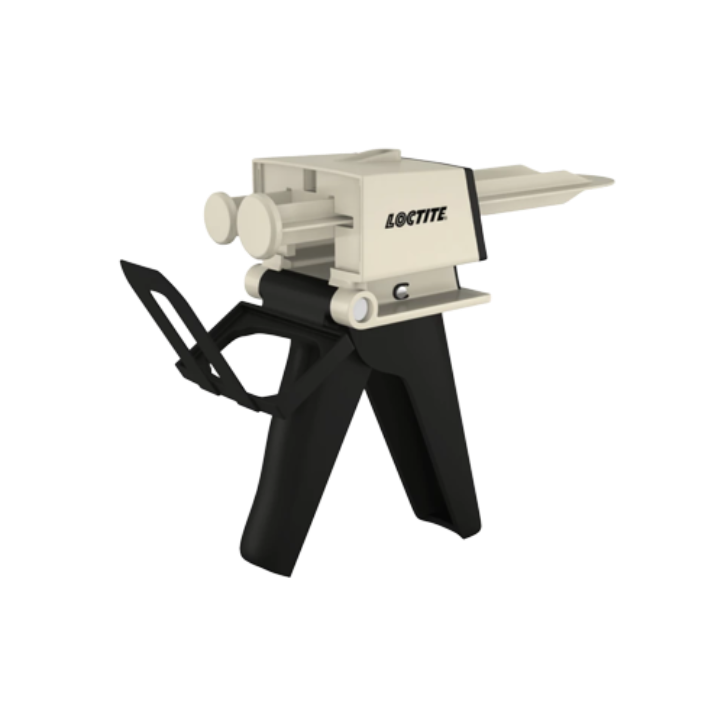
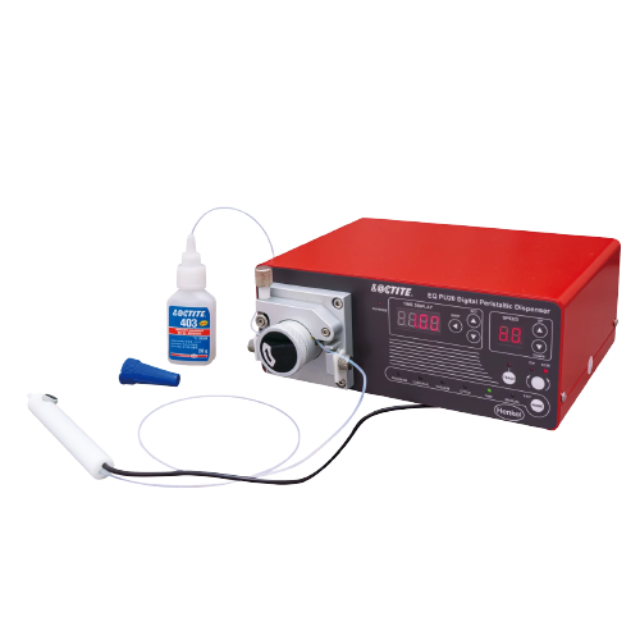
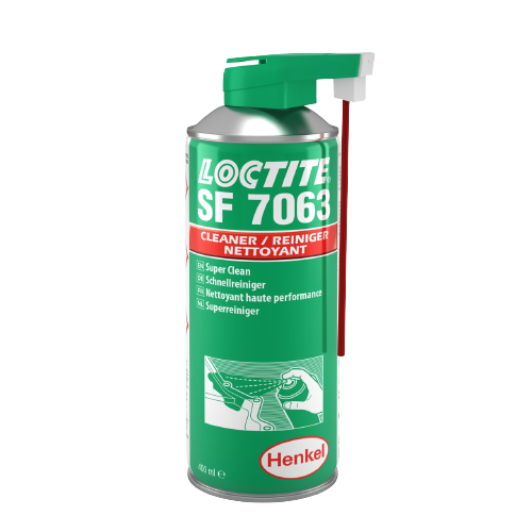
Leave a comment
All comments are moderated before being published.
This site is protected by reCAPTCHA and the Google Privacy Policy and Terms of Service apply.